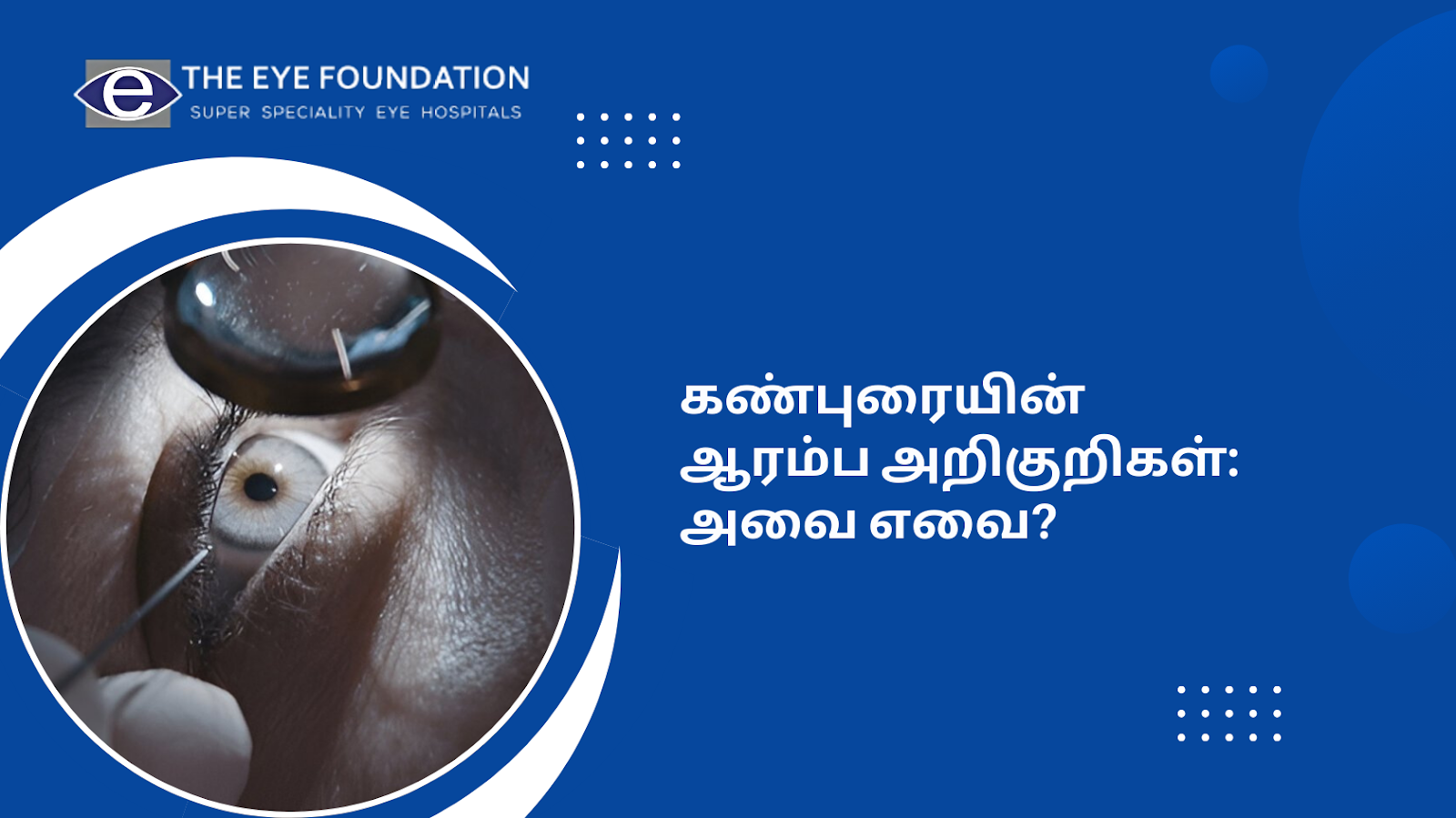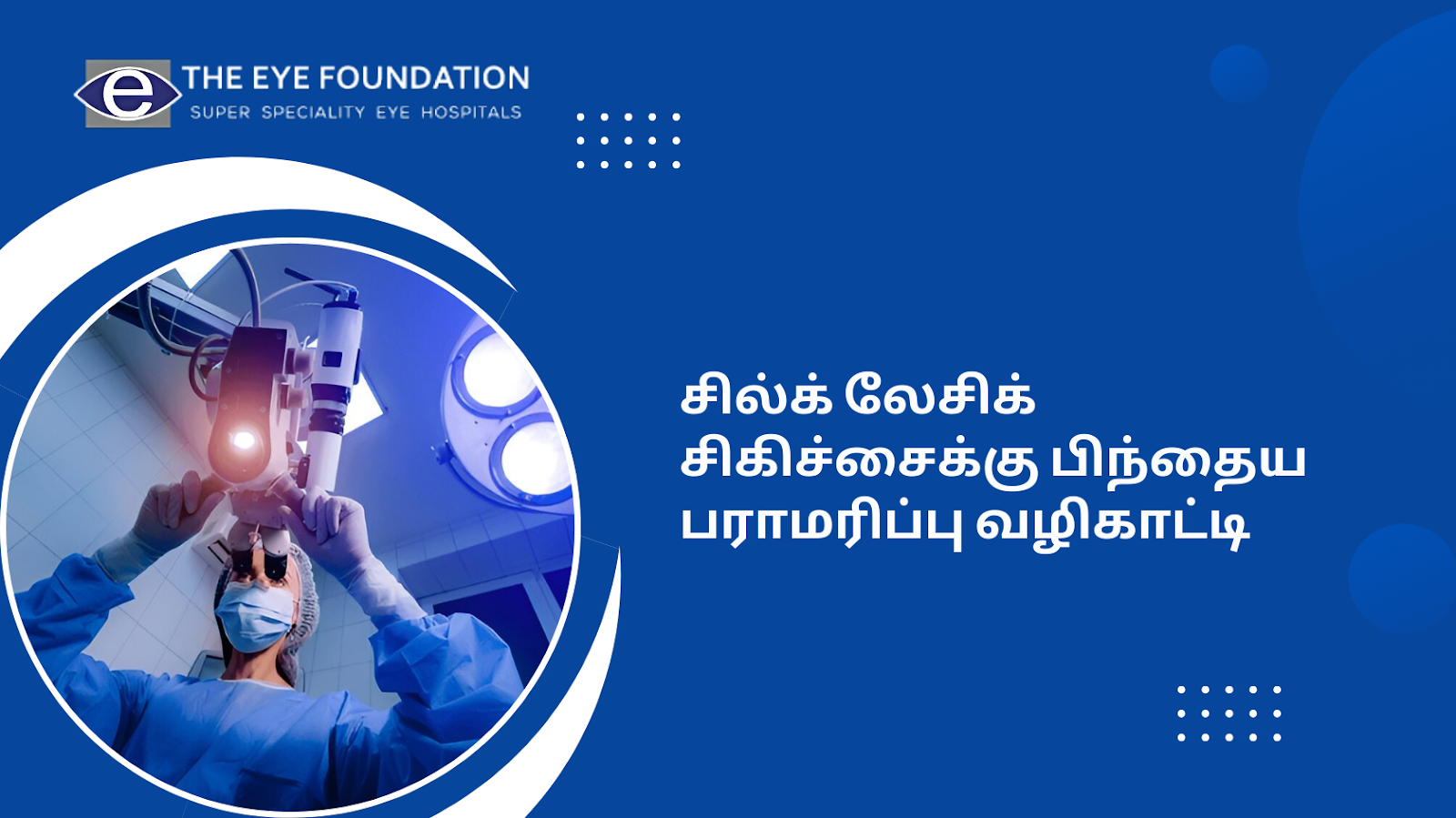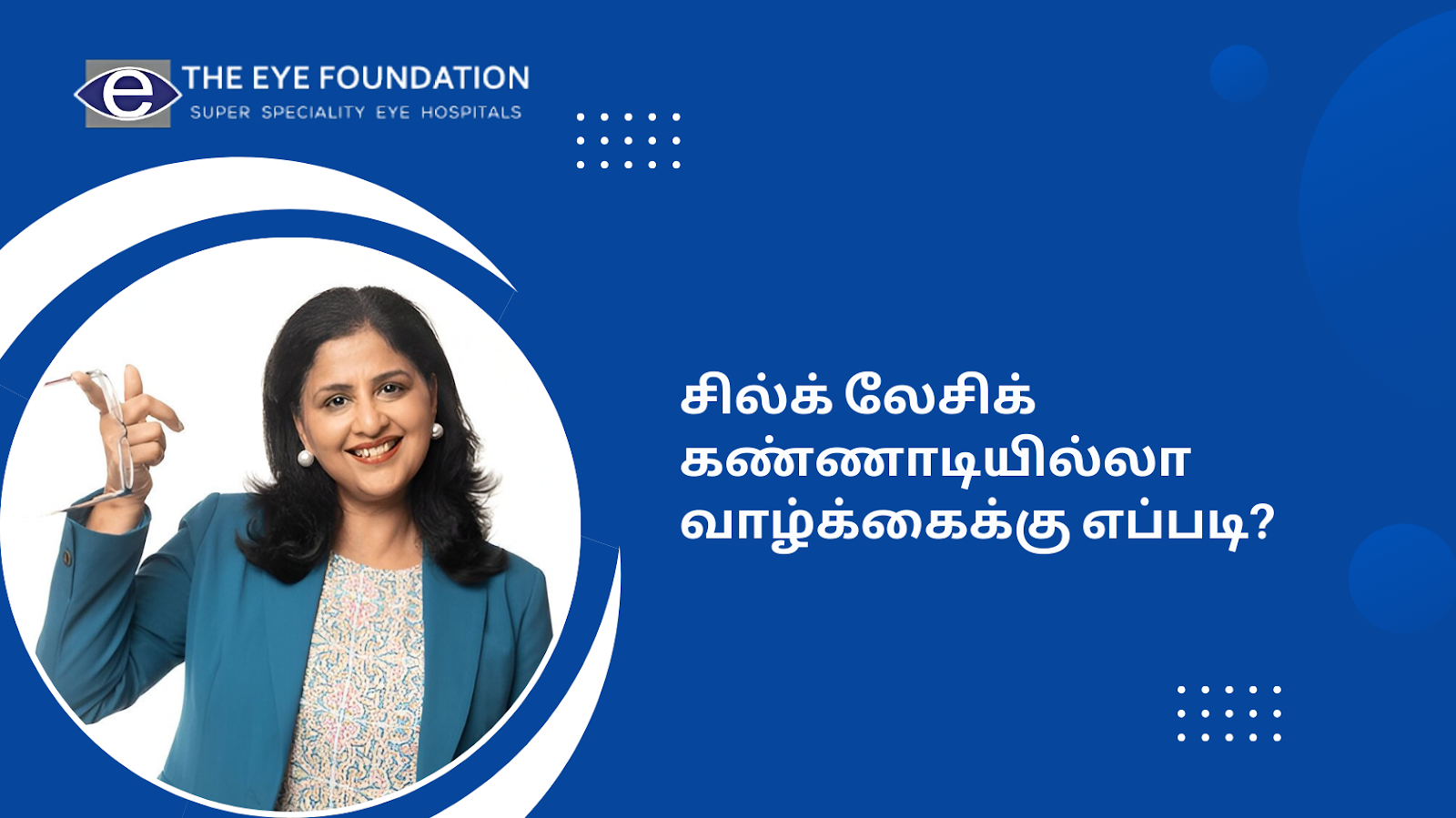When it comes to vision correction, LASIK surgery has become one of the most popular choices for individuals looking to ditch their glasses or contacts. But for those with eye conditions like glaucoma, the decision to pursue LASIK becomes more complex. Understanding how LASIK works, what glaucoma entails, and what considerations you should keep in mind if you have both is essential. In this blog, we'll dive into whether LASIK is a viable option if you have glaucoma, helping you make an informed decision about your eye health.
Understanding Glaucoma
Glaucoma is a group of eye conditions that can cause damage to the optic nerve, leading to vision loss if left untreated. It's often associated with elevated pressure within the eye, known as intraocular pressure (IOP). This increased pressure can damage the delicate optic nerve fibers responsible for transmitting visual information to the brain.
There are several types of glaucoma, with open-angle and angle-closure glaucoma being the most common. Open-angle glaucoma progresses slowly and often goes unnoticed in its early stages, while angle-closure glaucoma can cause sudden symptoms and requires immediate attention.
Given the progressive nature of glaucoma, managing it typically involves medications, laser treatment, or surgery to reduce eye pressure and protect vision. People with glaucoma often have to follow a long-term treatment plan to keep their eye pressure under control and prevent further damage.
How LASIK Surgery Works
LASIK (Laser-Assisted In Situ Keratomileusis) is a laser vision correction procedure designed to reshape the cornea, the clear front part of the eye, to improve how light is focused on the retina. LASIK is commonly used to correct refractive errors like myopia (nearsightedness), hyperopia (farsightedness), and astigmatism.
The LASIK procedure itself is relatively quick, often completed within 15-30 minutes for both eyes. During LASIK, an eye surgeon creates a thin flap in the cornea and then uses a laser to reshape the underlying corneal tissue, allowing light entering the eye to focus more precisely on the retina. After the reshaping, the corneal flap is repositioned, where it naturally adheres back without the need for stitches.
Factors to Consider Before LASIK if You Have Glaucoma
When considering LASIK for patients with glaucoma, there are several key factors to discuss with your eye specialist. Here are some critical aspects:
- Eye Pressure Sensitivity:
LASIK involves creating a flap in the cornea, which can temporarily increase intraocular pressure. For glaucoma patients, this spike in eye pressure may pose a risk, particularly for those with advanced glaucoma or poorly controlled eye pressure. The added stress could potentially worsen optic nerve damage, which is why thorough evaluation and monitoring of eye pressure are essential. - Risk of Nerve Damage:
Because glaucoma already weakens the optic nerve, LASIK may not be recommended if your glaucoma is severe. The procedure itself doesn't harm the optic nerve, but the increased eye pressure during surgery could exacerbate nerve damage in individuals with compromised optic nerves. - Medication and Recovery Considerations:
Patients with glaucoma often use medicated eye drops to lower eye pressure. After LASIK, the eyes may require specific care, including the temporary use of anti-inflammatory eye drops. The compatibility of glaucoma medications with LASIK recovery must be considered, as certain medications could impact healing. - Customized Treatment Approach:
Some individuals with mild, well-managed glaucoma may still be candidates for LASIK, provided that their eye pressure and optic nerve health are stable. For these patients, the LASIK procedure may need adjustments, such as close monitoring of eye pressure before and after surgery and possibly altering the LASIK approach to minimize pressure spikes. - Alternative Vision Correction Options:
For some glaucoma patients, alternative refractive surgery options like PRK (Photorefractive Keratectomy) may be safer. Unlike LASIK, PRK doesn’t require creating a corneal flap, which means there's no temporary spike in eye pressure during the procedure. Discussing the pros and cons of PRK versus LASIK with your eye surgeon is essential to determine the safest option.
How to Make an Informed Decision
If you have glaucoma and are considering LASIK, here are steps to take for an informed decision:
- Schedule a Comprehensive Eye Exam:
An eye specialist will evaluate the severity of your glaucoma, your eye pressure levels, and your optic nerve health. They may perform additional tests, such as visual field tests and imaging of the optic nerve, to assess your suitability for LASIK or any other refractive surgery. - Discuss Your Medical History and Goals:
Being transparent with your eye doctor about your glaucoma treatment, any medications you’re using, and your vision goals is vital. Your doctor can help weigh the potential benefits and risks based on your unique eye health profile. - Explore All Vision Correction Options:
Beyond LASIK, other vision correction surgeries, such as PRK, implantable contact lenses (ICLs), or refractive lens exchange (RLE), may be viable for glaucoma patients. Each has its own set of advantages and considerations, and understanding these options can help you make the best choice for your eyes. - Consider Long-Term Vision Health:
For glaucoma patients, preserving existing vision is a priority. Ensure that any procedure you undergo supports long-term eye health rather than solely focusing on short-term vision improvement. With glaucoma, maintaining eye pressure control is essential to avoid future vision loss, so prioritize procedures that won’t interfere with your glaucoma management.
LASIK can be a life-changing procedure, but for those with glaucoma, it’s essential to approach it with caution. Understanding the potential risks and exploring alternative options, like PRK, can help you make a well-informed decision. Ultimately, consulting with an eye specialist who understands both your vision correction goals and your glaucoma management needs is the best way to ensure your eye health remains the top priority.
For personalized advice and to learn about the best options for your unique situation, reach out to The Eye Foundation. Our team can guide you through your vision correction options and help you make the most informed choice for your eye health. Schedule your appointment today to take the first step towards clear, healthy vision.






